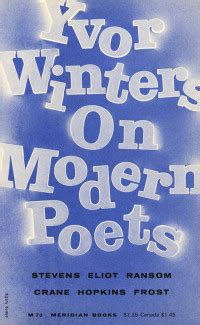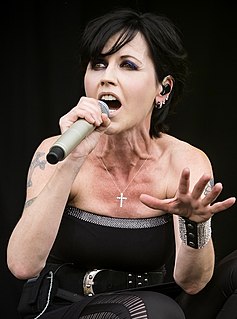A Quote by Wilhelm Reich
The few bad poems which occasionally are created during abstinence are of no great interest.
Quote Topics
Related Quotes
As it can be maintained that all the great advances have come from men under forty, so the history of the world shows that a very large proportion of the evils may be traced to the sexagenarians, nearly all the great mistakes politically and socially, all of the worst poems, most of the bad pictures, a majority of the bad novels and not a few of the bad sermons and speeches.
Oh, I've discarded a great many [poems]. And occasionally I've discarded and then resurrected. I would find a crumpled yellow ball of paper in the wastebasket, in the morning, and open it to see what the hell I'd been up to; and occasionally it was something that needed only a very slight change to be brought off, which I'd missed the day before.
The true forms of government, therefore, are those in which the one, or the few, or the many, govern with a view to the common interest; but governments which rule with a view to the private interest, whether of the one or of the few, or of the many, are perversions. For the members of a state, if they are truly citizens, ought to participate in its advantages.
I lived in a small village outside the city and grew up in a large family, so my world was very much centred around that. I used to sing in the local church, and I would also occasionally sing in the local pubs for which I used to get a few bob. That, for me, was the start of my interest in music, which has obviously expanded since then.
If I'm still wistful about On the Road, I look on the rest of the Kerouac oeuvre--the poems, the poems!--in horror. Read Satori in Paris lately? But if I had never read Jack Kerouac's horrendous poems, I never would have had the guts to write horrendous poems myself. I never would have signed up for Mrs. Safford's poetry class the spring of junior year, which led me to poetry readings, which introduced me to bad red wine, and after that it's all just one big blurry condemned path to journalism and San Francisco.
As a guiding principle I believe that every poem must be its own sole freshly created universe, and therefore have no belief n 'tradition' or a common myth-kitty or casual allusions in poems to other poems or poets, which last I find unpleasantly like the talk of literary understrappers letting you see they know the right people.
I've been trying to write for as long as I can remember. But those first fifteen years didn't produce much of great interest. I mean, it embarrasses me very much to look back on my early poems--very few lines of any merit at all and lots of affectation. But there were quite a lot of them. That's a point in one's favor.
A nation orients itself by its own geniuses, and derives from them its ideas of its own ideals, but the guiding star serves also as a light to other nations. As speech has been created by a few great men, the most extraordinary wisdom lies concealed in it, a wisdom which reveals itself to a few ardent explorers but which is usually overlooked by the stupid professional philologists.
In my own writing, I've mostly abandoned end-rhyme, but wordplay is still a huge part of my process. I've written a series of mermaid poems in the last few years. The first one was called "The Straightforward Mermaid" which arose from my delight in that word combination. After that, I decided that future mermaid poems would have to be words ending in "d" or "t," which led to "The Deadbeat Mermaid," "The Morbid Mermaid" and so forth . . .





































